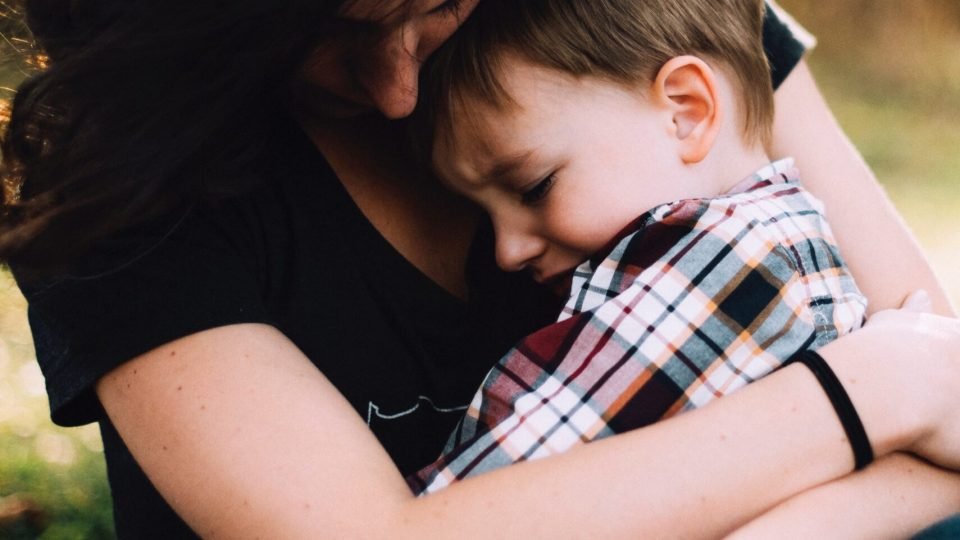What to do when a Child Discloses Abuse
10 expert tips to help parents and carers navigate disclosures of abuse.
It can be difficult to know how to respond when a child discloses sexual abuse to you. In such an emotionally charged situation, your reaction might be to become extremely angry, upset or even to respond with disbelief. However, it is important that you respond to the child in a way that supports them and encourages them that telling you was the right thing to do.
Often, a child’s disclosure comes with shame and fear. They might worry that they will not be believed, that they will suffer repercussions or even feel like it is not worth telling. Remember that no matter what you are feeling, the way you respond will be extremely important to the recovery of the child. It has taken a lot of trust and courage for them to disclose to you. So what should you do? We have put together some ways that you can show them you care and will do everything in your power to keep them safe.
1. Remain calm
Although you will likely be feeling a range of intense emotions, it is important to keep them in check and maintain a calm presence for the sake of the child. Any displays of anger, panic or disbelief will have a large impact on them. Focus on appearing calm in the moment.
2. Give the child your attention and let them tell you in their own way
It is important to focus your whole attention on the child and allow them the time they need to tell you. It may take them a while, and they may not tell you everything you feel you should know, but remember that this disclosure took them a lot of bravery. Do not interrupt or rush them or push them to disclose more than they are comfortable with.
3. Make it clear that it is not their fault
Reassure them that they have done the right thing. Their abuser may have threatened them or convinced them that they are to blame. It is important to be really clear that the abuser is the one at fault, and that what has happened to them is wrong.
4. Do not make promises you cannot keep
Do not promise confidentiality, or that they will never have to see their abuser again. These kinds of promises may feel helpful in the moment, but you risk breaking their trust when you are unable to stick to them. Instead, be honest with them and promise that you will do what you can to keep them safe.
5. For carers, be clear about your role and what you need to do
Be clear about your role and what you plan to do after the conversation. You can say something like, “I am your teacher and I will do whatever I can to help make you safe again, but I might need the help of some other people whose job it is to protect kids.”
6. For parents, let them know that you will need to talk to someone who can help
Be clear about what you plan to do to help them. You can say something like, “As your mother I’m going to do everything I can to help you feel safe, but I’ll need to talk to someone whose job it is to protect kids.”
7. Write some notes about what they have told you
After the conversation, jot down notes about what the child has told you. Do not worry about getting enough information, it is just important to have a record of the conversation that you can pass on to authorities.
8. Remember, it is not your job to investigate
Do not attempt to get more information from the child or follow up with others, and ensure that you do not attempt to contact the abuser, whether it may be to ask questions or to confront them. This could later impact the child. Instead, focus on supporting the child and leave it to the authorities to appropriately investigate the abuse.
9. Ensure the child comes out of the conversation feeling supported
Above all else, remember that how you react to this disclosure will have a lasting impact. The takeaways for the child should be that what happened to them was wrong, that you believe them, care for them, love them and will do everything you can to make them safe again.
10. After the conversation, contact an authority in your state
If you believe that the child is in immediate danger, call the police on 000. Otherwise, call the relevant child protection helpline for your state and they can refer you to the appropriate resources:


